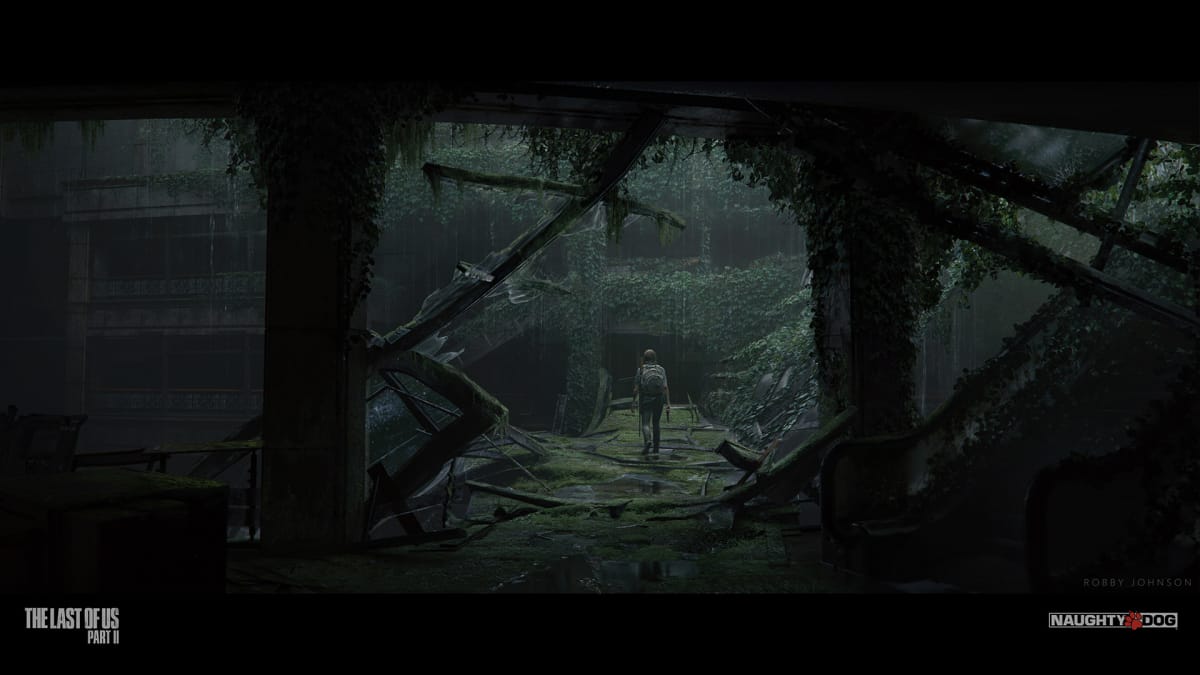Sony launched the original PlayStation outside Japan almost 26 years ago. As newcomers to the console gaming space, they quickly took considerable market share because of their willingness to invest in a unique and expansive library of first- and third-party content. This brought consumers beloved mainstream and cult franchises like Gran Turismo, Ape Escape, Metal Gear Solid, Wipeout, Tekken, Crash Bandicoot, Everybody's Golf, MediEvil, Oddworld, Parasite Eve, Silent Hill, and the list goes on. The writing has been on the wall for a few years, though. Japan Studios' closure along with the recent Bloomberg report make it clear that Sony has lost sight of what made it special—once a bastion of creativity—now going full force on safe projects and anti-consumer practices.
Sony's Peak
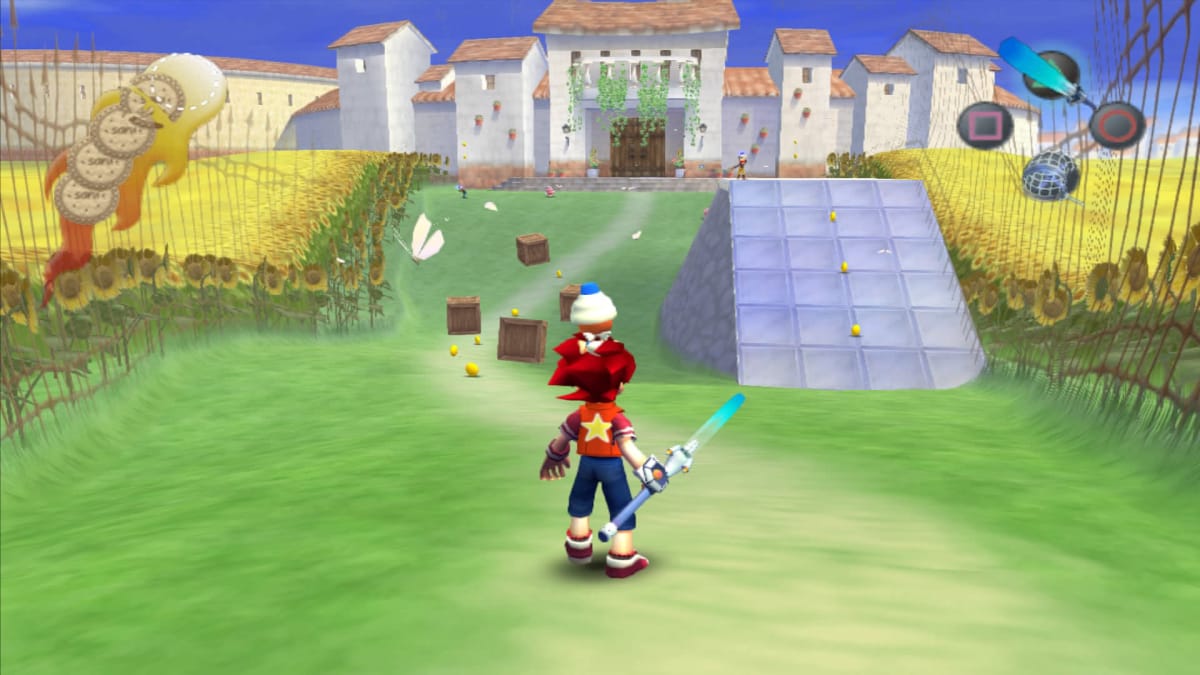
Their first two console generations showcased Sony at the height of their game. After experiencing unexpected success with the original PlayStation, that momentum continued with the PS2. Freed from the shackles of early 3D growing pains, the PS2 amassed one of the most impressive and expansive exclusive libraries of any console to date. There was Jak and Daxter, Socom, Shadow of the Colossus, God of War, Siren, Drakengard, Grandia 3, and the list goes and the list goes on.
Due in part to the gaming industry's rise, Sony made the PlayStation 2 stick with the most expansive library of that generation. That generation had a healthy mix between experimental, low-budget titles and early examples of the modern triple-A experience. Sony's second console got equal parts God Hand and Gitaroo Man as well as God of War and Final Fantasy X.
It's this precarious balance of fostering a range of titles appealing to any gamer for any mood that set Sony apart from its competition. While Nintendo's strategy involved a smaller number of in-house titles and Microsoft found almost overnight success with Halo, since struggling to shake the public's perception of that brand dependence, Sony flew by their own rules.
They had a number of first-party developers cranking out high quality games while showing equal interest in partnering with third parties to expand their presence. While the PS3 had a rough two years, once it found its footing, it returned to this mantra: variety.
Interactivity leads to creativity and variety, which Sony has historically leaned into. A video game's mood consists of many more variables than other media and its within that variability that I and many PlayStation fans have come to support Sony from the start. You've historically gone to Nintendo and Microsoft for a certain kind of game whereas with Sony, you had no idea what you were getting, but you knew it would meet a certain level of quality.
Sony Misunderstanding Gamers
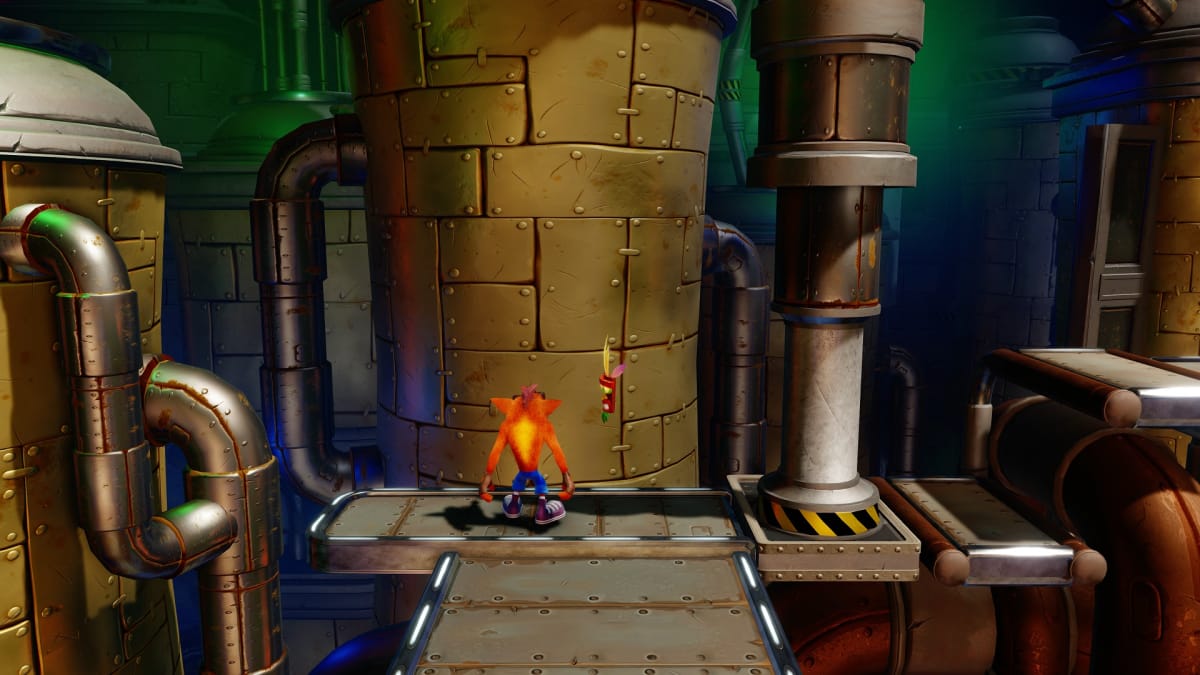
Logistically speaking, Sony steamrolled Microsoft last-gen and is almost likely to sell more hardware than Microsoft with a narrower margin throughout the ninth generation. Subjectively, though, Sony has been losing steam while Microsoft continues to build good faith.
It's likely Sony's change in direction came in tandem with its headquarters being moved to California in 2016 as the Japanese game market showed a continual downturn. Two years later, Sony instituted censorship policies. Minor cases included changing box art for games such as the SNK 40th Anniversary Collection. In more extreme cases, games were cancelled because developers weren't happy with Sony's enforcement.
Most censorship cases were minor, but it was still odd for a historically Japanese company to censor Japanese games that wouldn't be censored on the American competitor's console. Let's also not forget how long it took Sony to give in to cross-play while Microsoft and Nintendo had been playing friendly because of an aversion to players spending money outside their ecosystem while telling the public that "PlayStation is the best place to play." This screamed disingenuous. Sony wasn't fooling anyone. Gamers know how effective peer pressure is and how rampant the fear of missing out is in this industry. Anecdotally, many people have bought games on their least preferred platform to play with friends or bought an entire console they would not have owned otherwise just to play with friends. Sony got arrogant because they were the market leader and caved in to enabling cross-play across the board because of negative press.
In more recent years, their anti-consumer practices haven't lessened. They've shifted to other facets of the industry. Now, Sony's largest push against gamers comes in the form of haphazard backwards compatibility, closures of old consoles' online stores, and the shift in business model to guaranteed million sellers.
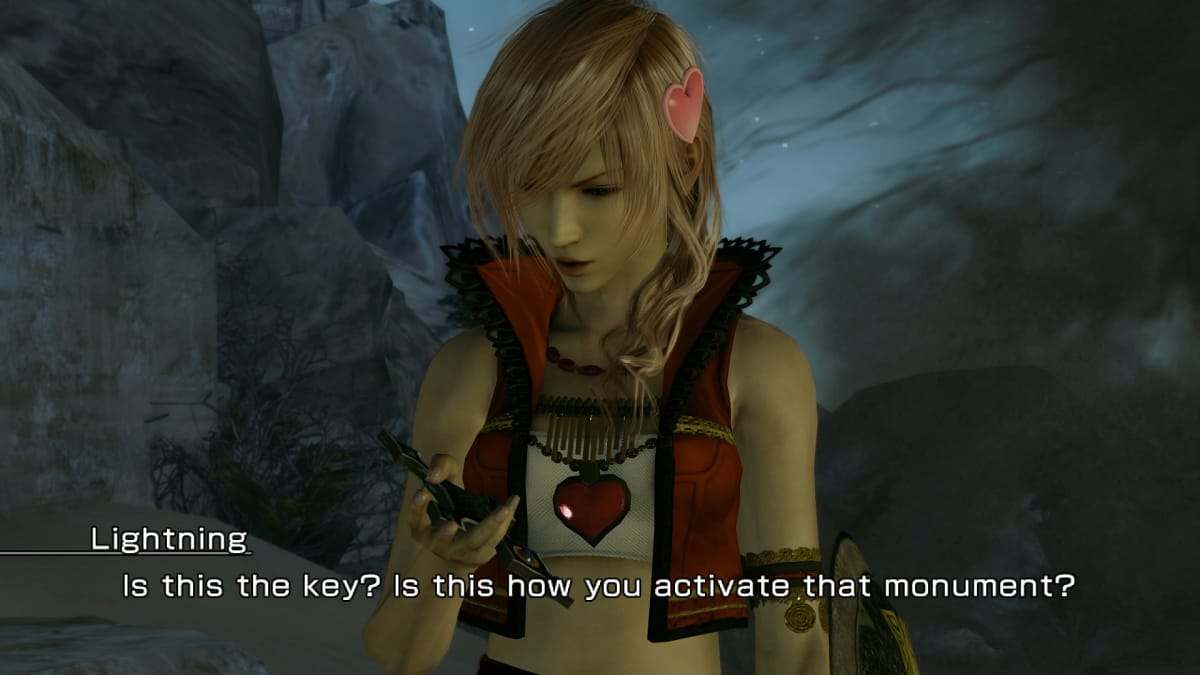
Sony fans are locked to 720p on the original hardware with major sub-30fps drops.
Sony doesn't have a dedicated backwards-compatibility team unlike Microsoft. This results in a host of issues ranging from bugs that don't exist on original hardware to worse performance or visuals than the previous platform. Sony prioritized making sure the most played games ran well on PlayStation 5, whereas Microsoft's team spent over 500,000 hours ensuring every game playable on Xbox One, including the already existing Xbox 360 and original Xbox games, ran as intended on Series consoles.
This prioritization shows a lack of respect toward the industry at large. Many Sony fans became fans because they discovered some random obscure game that was only on or appeared first on a PlayStation platform. By shifting their backwards-compatibility focus toward the most popular titles rather than the entire library, they've shunned their oldest audience. Sure, Uncharted 4 and your pick of random top 100 multiplatform game run fine on PS5, but what about Tales of Berseria or Omega Quintet, Sony?
Sony also is closing the PS3 and PSP stores in July with the PS Vita store closing in August. A nine-year-old system's online ecosystem shutting down is the kind of business move I would have expected from Microsoft during the Don Mattrick years. To this day, the Xbox 360's online store remains active. Anyone playing a backwards-compatible title is still able to purchase DLC for the Final Fantasy XIII trilogy, for example. Come July, though, that won't be possible on PlayStation. This is especially concerning because games like Asura's Wrath gated true endings or cut content behind DLC. In Final Fantasy's case, Lightning Returns' opening won't make sense to someone that hasn't played 13-2's DLC as they lead into each other. The Final Fantasy XIII trilogy stands as a shining example of the disparity in game preservation between the manufacturers.
In 2021, a series that became synonymous with Sony beginning with Final Fantasy VII, has a major trilogy locked to a console that's two generations old. That same trilogy is playable on Microsoft's ninth-gen consoles with a nine times resolution boost on Xbox One X and Series X. Someone that only played the first game in 2010 can buy and play it and its sequels for the first time on the newest Microsoft systems with easily accessible DLC. That Final Fantasy XIII began development as a Sony exclusive is an even more damning condemnation of Sony's "respect" toward its audience.
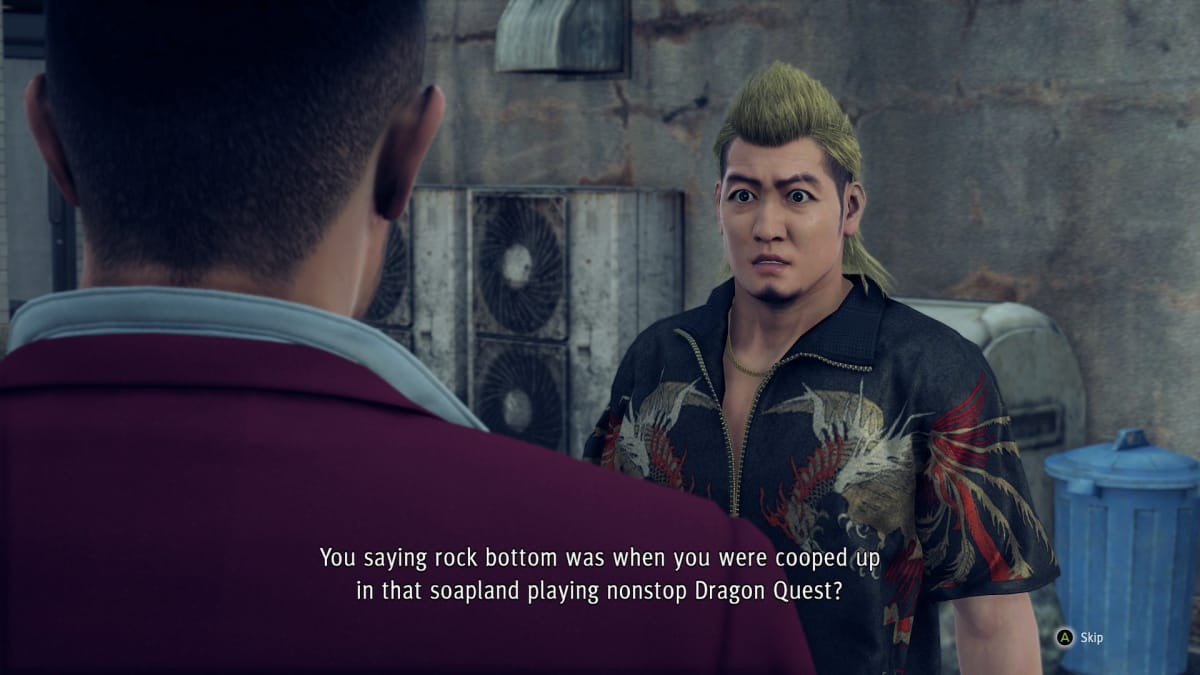
Microsoft is becoming more like the old Sony by the day. While the criticism of Microsoft's exclusives is deserved, their studio acquisitions moving into the current generation indicates a role reversal. Sony can invest in "big hitters" all it wants and it may result in a consistent string of nines and 10s. This is great on the surface, but that quality comes at the expense of identity. Most people know of the rising shtick that every modern Sony exclusive is a cinematic, over-the-shoulder, action-adventure game. These games sell, and we'll only get more of them with the push toward global, mass-market appeal.
Even if Microsoft doesn't drop a noteworthy game of the generation to compete with the likes of The Last of Us, that doesn't matter. One look at Microsoft's first-party studios says a lot about their approach. The range blows Sony out of the water. Playground Games went from developing Forza Horizon to the next Fable entry. Rare's Xbox 360 era was dark, but now they have Sea of Thieves, with Everwild in development. Obsidian has released Grounded in early access while chipping away at Avowed, their next major release. Ninja Theory is working on Hellblade 2 and Project Mara. Who knows what inXile and Compulsion Games have cooking up next. There's also the huge Bethesda acquisition which in itself covers a variety of game experiences from Doom to Prey. Even if every ninth-gen Microsoft game is a solid seven, that is perfectly fine. Twenty solid sevens covering basically every consumer's needs is more important than 20 perfect 10s that look and feel similar. This is fine for the casual consumer that buys a handful of games a year, but it's worrying for everyone else. Burnout happens, and when being bombarded by games chasing after the same audience year after year, it's easy to feel disconnected from what is a technically and artistically brilliant game. Consumers need variety to break up the potential monotony of burnout.
While Microsoft is investing in the most expansive portfolio any current console manufacturer has access to, Sony is concerned with making blockbusters and adapting those into mobile games. Sure, Sony does have some indie games coming to PlayStation 5, but we know most of them are timed-exclusive from their announcement. But also, Microsoft has a more robust infrastructure for indie developers anyways with its Early Access-like Game Preview program and the ID@Xbox initiative. Sony's only doing this as a performative measure to distract from their ultimate end goal.
Sony's Leadership
Sony didn't reach this meteoric success by playing it safe with guaranteed money makers and enforcing anti-consumer practices. They attained market dominance by leaning into the medium's strengths, giving different consumers different reasons to buy into their ecosystem. Things have changed under its new leadership, though. With such quotes as, "and the PS1 and the PS2 games, they looked ancient, like why would anybody play this?", Jim Ryan's purely profit-driven pursuit ignores the practices and decisions that led to Sony's success in the first place. Studios such as Naughty Dog didn't begin under Sony's wing churning out blockbusters, after all.
Have a tip, or want to point out something we missed? Leave a Comment or e-mail us at tips@techraptor.net
